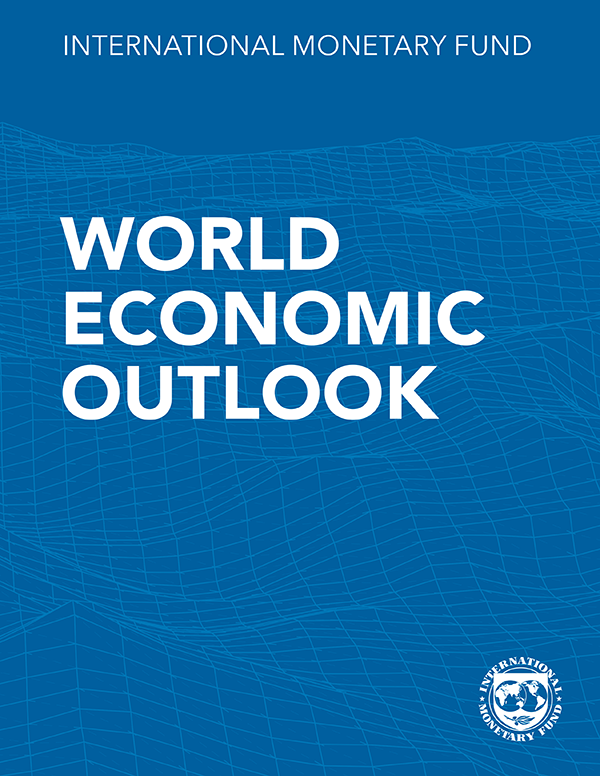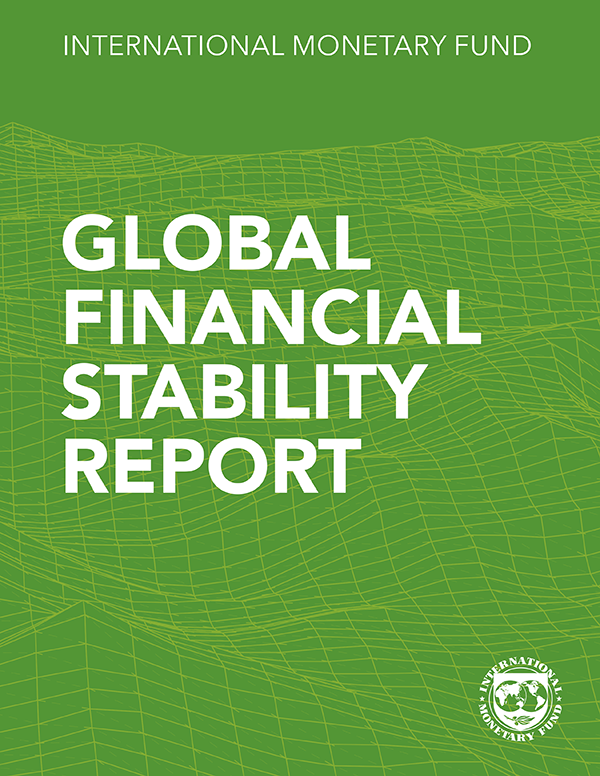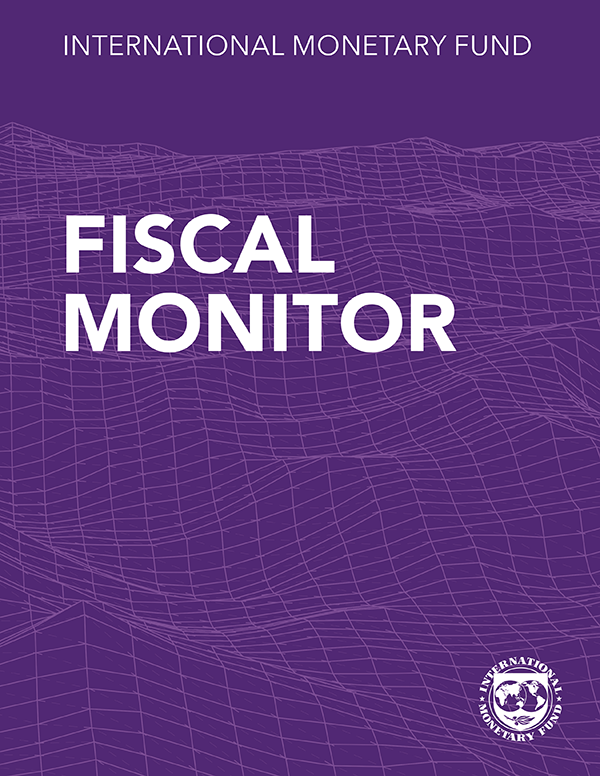Yet another shock
The economic recovery in sub-Saharan Africa surprised on the upside in the second half of 2021, prompting a significant upward revision in last year’s estimated growth, from 3.7 to 4.5 percent. This year, however, that progress has been jeopardized by the Russian invasion of Ukraine which has triggered a global economic shock that is hitting the region at a time when countries’ policy space to respond to it is minimal to nonexistent. Most notably, surging oil and food prices are straining the external and fiscal balances of commodity-importing countries and have increased food security concerns in the region.
The Role of Foreign Exchange Intervention in sub-Saharan Africa’s Policy Toolkit
The IMF has developed the Integrated Policy Framework to help countries develop the most appropriate policy response to global shocks. This new analytical framework considers the combined and potentially interacting role of monetary, exchange rate, macroprudential, and capital flow management policies. In this context, this note considers the role of foreign exchange (FX) intervention as a part of the policy toolkit in sub-Saharan Africa, focusing specifically on countries with flexible exchange rates.
Regional Inequalities in Sub-Saharan Africa
The extent of regional inequality within countries, which is essential for tailoring public policies and programs to lagging regions, is not well documented in sub-Saharan Africa. This study uses various datasets to analyze disparities in level of economic activity, welfare, and social indicators across regions within sub-Saharan African countries. The results indicate that regional inequality declined markedly in the 1990s and the 2000s, due mainly to improvements in economic activity in lagging regions. However, progress has slowed down in the past decade and may have partially reversed during the COVID-19 pandemic. Moreover, sub-Saharan African countries with high regional inequality tend to have high consumption inequality among households. Large disparities between leading and lagging regions in vital socioeconomic aspects persist, including in terms of access to basic services such as education and infrastructure. Evidence shows that macroeconomic stability, trade openness, geographically targeted investments, and strong institutions are associated with lower regional inequality. Concerted policy effort is needed, since addressing regional inequality is important for inclusive growth, poverty reduction, and preserving social cohesion.
Publications

-
June 2024
Finance & Development
- An IMF for Tomorrow
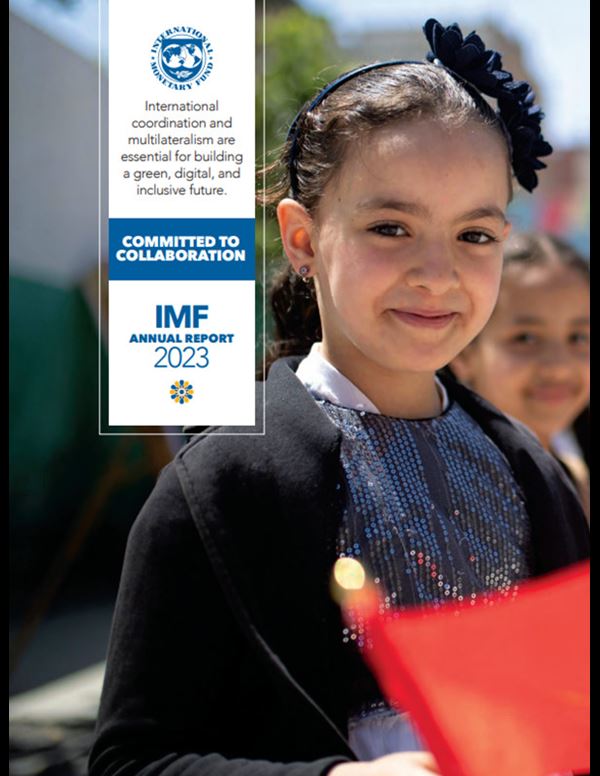
-
September 2023
Annual Report
- Committed to Collaboration
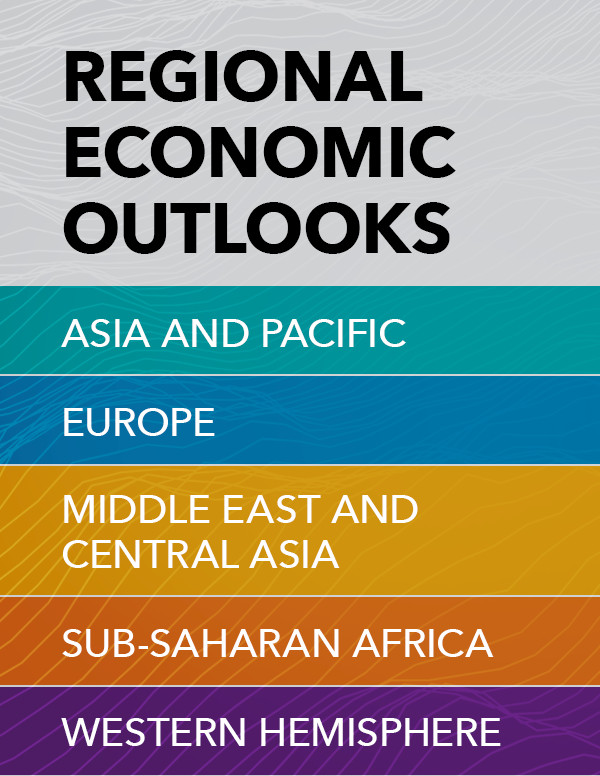
-
Regional Economic Outlooks
- Latest Issues











